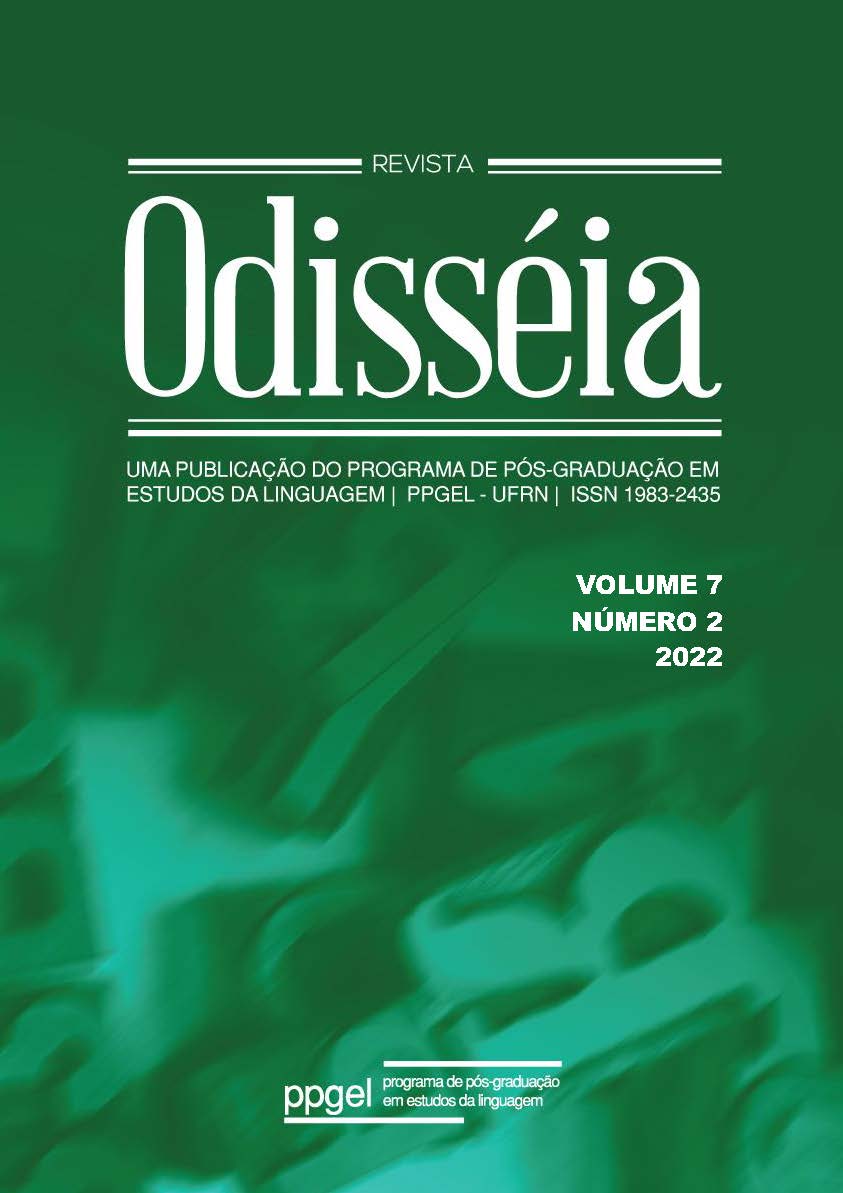O gênesis ficcional de Lobato
a representação da natureza
DOI:
https://doi.org/10.21680/1983-2435.2022v7n2ID29760Palabras clave:
Monteiro Lobato, O macaco que se fez homem., Era no paraíso, Ecocrítica.Resumen
O conto “Era no Paraíso...” (1923), de Monteiro Lobato, se constrói como uma paródia do Gênesis bíblico. Influenciado pela teoria darwiniana, o narrador nos mostra o desenvolvimento dos seres, em especial, do ser humano, como um “descender com modificações”, que explica o seu comportamento frente às questões da vida e, por conseguinte, da natureza. No conto, a reação da natureza, que somente ocorre como projeção no futuro, está intimamente ligada às ações humanas; aquilo que antes era representado de forma harmoniosa transforma-se drasticamente, graças ao chamado ‘progresso’ da humanidade, em um cenário apocalíptico. Dialogando com textos de Darwin e Benjamin, a presente leitura privilegia a análise da forma como o texto lobatiano representa a natureza, adotando, nessa investigação, um viés ecocrítico.
Descargas
Descargas
Publicado
Cómo citar
Número
Sección
Licencia
Derechos de autor 2022 Revista Odisseia

Esta obra está bajo una licencia internacional Creative Commons Atribución-NoComercial-CompartirIgual 4.0.

Este trabalho foi licenciado com uma Licença http://creativecommons.org/licenses/by-nc-sa/4.0

















